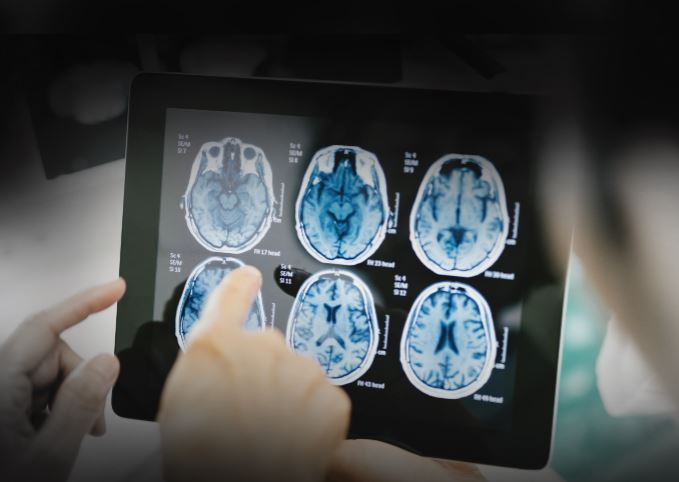
A new approach to tackling mental health has commenced at Flinders University, bringing together research into prevention with research into cures.
The Flinders University Institute for Mental Health, Wellbeing and Neuroscience (officially launched Friday 7 December 2018) will not just address better treatment and recovery, but aims to back up cures with initiatives to prevent illness in the first place.
Spanning capacity in neuroscience, psychiatry, psychology, allied health, education, engineering, social science and public health, this new institute represents a unique blend of research capabilities.
Together with our partners, the new Flinders University Institute will come up with new solutions and deliver real-world outcomes to revolutionise how we understand, treat and eventually prevent mental illness.
The Institute’s five themes are mental health and emotional wellbeing, mental health disorders, trauma and violence, developing services, and neuroscience and neurocognition.
Mental health is becoming the defining social health crisis of the 21st century, with 450 million people globally affected by a mental health illness at any one time. A 2014 PwC report placed the economic impact in Australia alone at $11 billion per annum.
- One in five (20%) Australians aged 16-85 experience a mental illness in any year.
- Of the 20% of Australians with a mental illness in any one year, 11.5% have one disorder and 8.5% have two or more disorders.
- Almost half (45%) Australians will experience a mental illness in their lifetime.
- Every day, at least six Australians die from suicide and a further 30 people will attempt to take their own life.
- 54% of people with mental illness do not access any treatment.
- The proportion of people with mental illness accessing treatment is half that of people with physical disorders.
The Institute’s leader Professor Mike Kyrios says the research will target many areas of mental health which are currently under-represented in policy-making and service provision.
“We are all aware of the extent of mental health disorders in our communities and the fact that there is no other illness or disease that affects the population to this scale,” says Professor Kyrios, Vice-President of the College of Education, Psychology and Social Work at Flinders University.
“We recognised that many research bodies already exist to address the broad issues around mental health, so the activities of our Institute will not replicate these, but will augment with our strengths, bringing a strong translational research presence in mental health with South Australian, national and global implications.”

Vice-Chancellor Professor Colin Stirling says the Institute for Mental Health, Wellbeing and Neuroscience will focus on world-class research.
“The research efforts will benefit the whole community, from children to older Australians,” Professor Stirling says.
“It will take a cross-disciplinary and hollistic approach, based on world-class research, to inform health policy and changes to existing models.
“Through the University’s teaching and learning centres across central Australia and metropolitian areas, we will reach more Australians, including the nation’s Indigenous people, to maximise the beneficiaries of our research outcomes,” Professor Stirling says.

